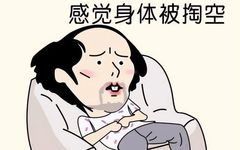First, let’s take a look at the manifestations of Qi deficiency and its symptoms. Generally, the most common Qi deficiencies occur in the lungs, spleen, and kidneys, particularly in the lungs. This is because, in Traditional Chinese Medicine (TCM), the lungs are referred to as the “master of Qi”. Therefore, Qi deficiency is most often seen as lung Qi deficiency. What are its manifestations? Firstly, it relates to the driving function of Qi; all life activities in the human body rely on the driving function of Qi. So when you have Qi deficiency, it will first manifest as shaoqi lan yan (少气懒言, lack of energy and reluctance to speak), feeling weak all over, and easily fatigued. Because of the lack of Qi, the voice tends to be low, and sometimes one may not even want to speak, which is referred to as shaoqi lan yan (少气懒言) and qi xi di wei (气息低微, weak breath).
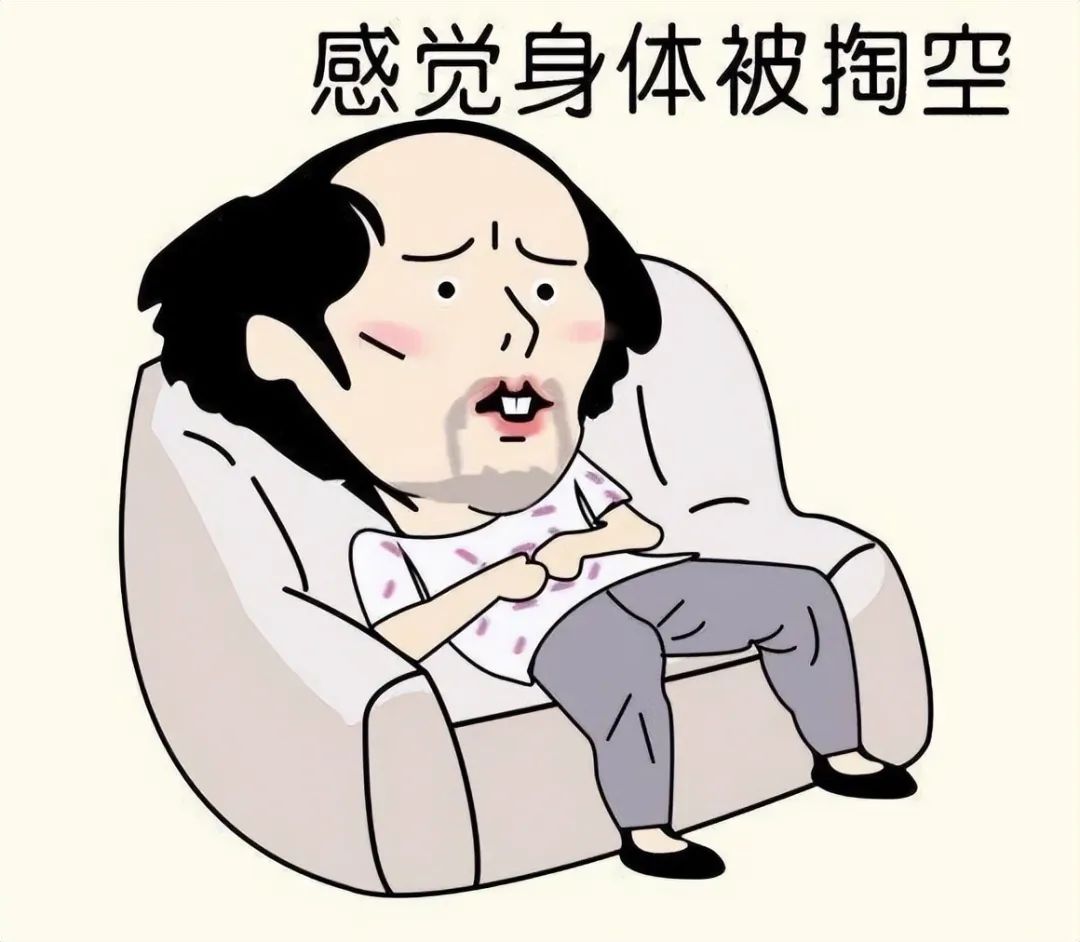
The second manifestation relates to the consolidating and astringent function of Qi. What is it? It is the tendency to experience spontaneous sweating, which means sweating easily during normal activities. Spontaneous sweating is different from night sweats; night sweats occur after falling asleep and stop upon waking, often due to Yin deficiency. In contrast, spontaneous sweating usually occurs during the day, even with slight activity, or sometimes even at rest, which is closely related to Qi deficiency.
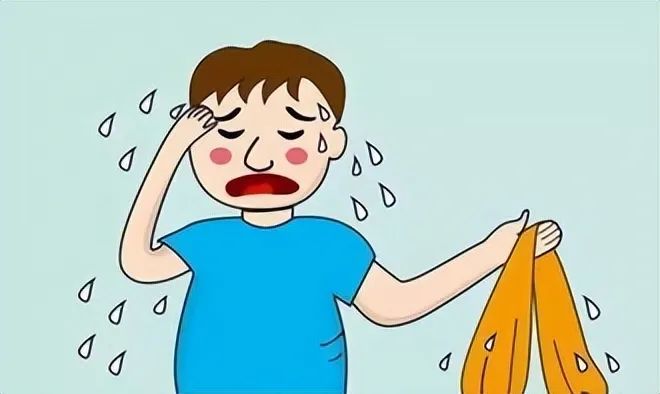
The third manifestation is related to the defensive function of Qi. What is it? It is the tendency to catch colds easily; just a slight exposure to wind or cold can lead to a cold. When the weather changes slightly, while others remain fine, you may catch a cold. This is because your Qi is too deficient to defend against external pathogens, making it easy for external evils to invade. For example, when flu season arrives, while others are fine, you may already be affected and start to catch a cold.
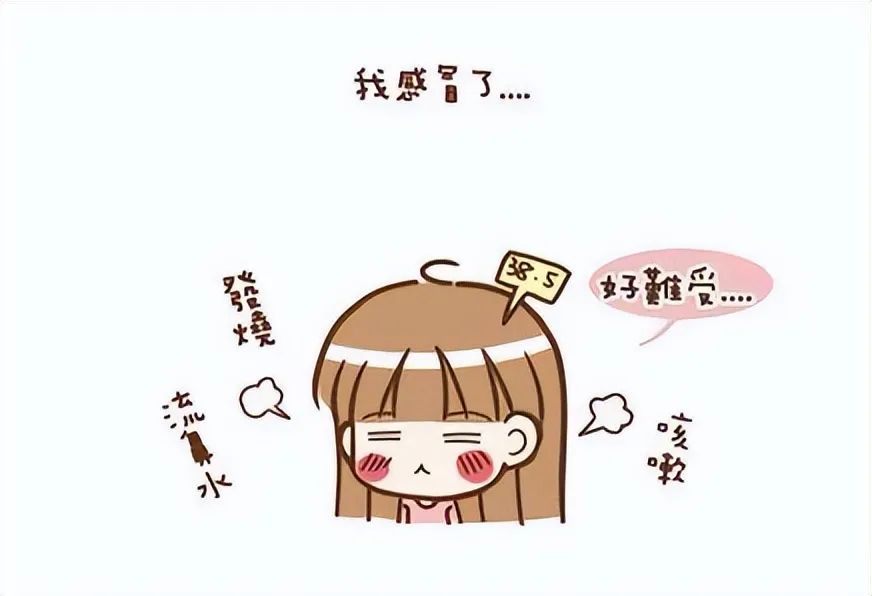
Therefore, the most common symptoms of Qi deficiency include shaoqi lan yan (少气懒言, lack of energy and reluctance to speak), qi xi di wei (气息低微, weak breath), spontaneous sweating, and susceptibility to colds. For these symptoms, there is a very effective TCM formula called Yu Ping Feng Granules (玉屏风颗粒), which consists of three herbs: Huang Qi (黄芪, Astragalus), which tonifies lung Qi; Bai Zhu (白术, Atractylodes), which strengthens spleen Qi; and Fang Feng (防风, Siler), which expels external pathogens. However, if spontaneous sweating is particularly severe, you can add Gui Zhi Granules (桂枝颗粒) to the Yu Ping Feng Granules. The main function of Gui Zhi (桂枝, Cinnamon Twig) is to harmonize the Ying and Wei, meaning it can regulate the defensive Qi and nutritive Qi. The combination of these two formulas will enhance the effect of tonifying Qi and stopping sweating.
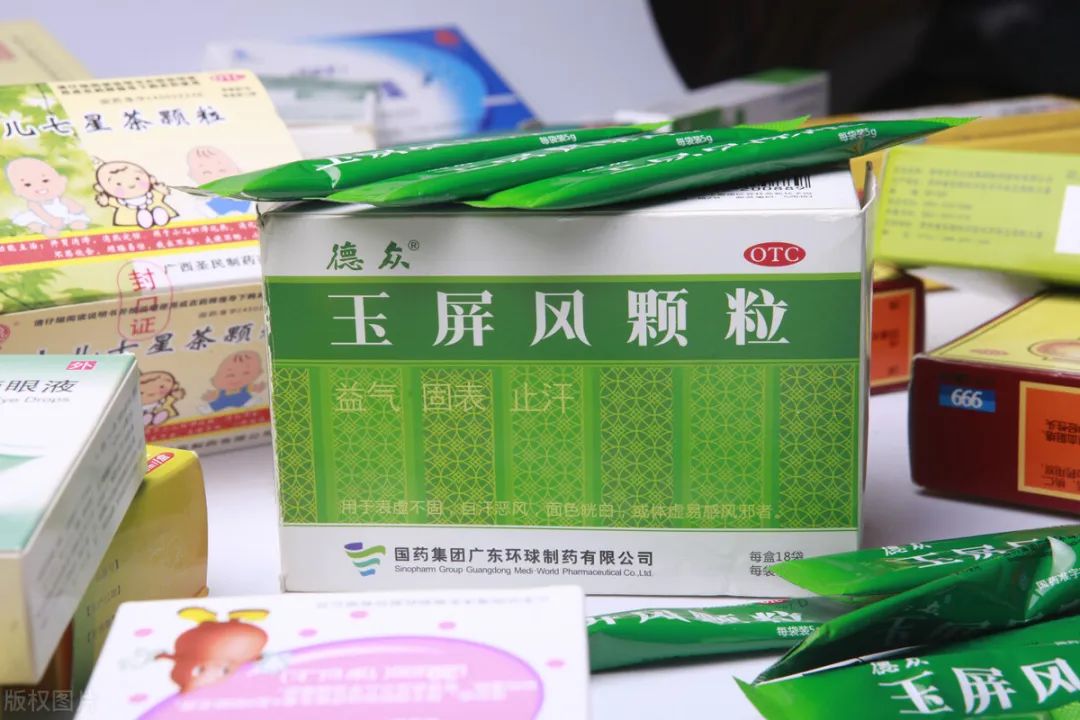
If you also experience loose stools and sometimes feel weak during bowel movements, meaning you want to defecate but find it difficult to do so, along with poor appetite, this indicates pi qi xu (脾气虚, spleen Qi deficiency). In this case, you can refer to a TCM formula called Bu Zhong Yi Qi Wan (补中益气丸), which is effective in tonifying Qi and strengthening the spleen.
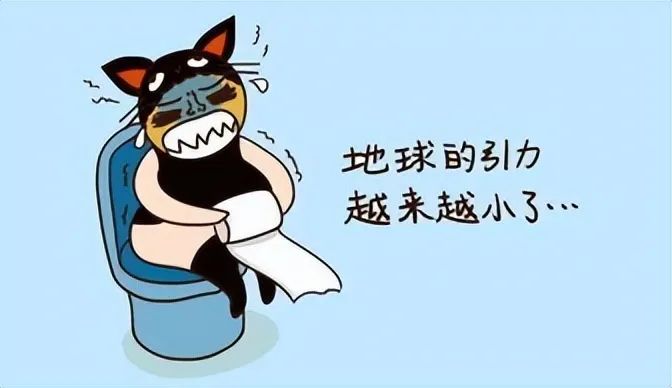
If you also have issues such as lower back and knee weakness, frequent nighttime urination, disharmony in marital relations, nocturnal emissions, or premature ejaculation, this indicates shen qi xu (肾气虚, kidney Qi deficiency), which cannot nourish the lower back and secure kidney essence and urine. In this case, you can refer to Jin Gui Shen Qi Wan (金匮肾气丸) to tonify kidney Qi.

Let’s summarize: Lung Qi deficiency is the most common, often manifesting as shaoqi lan yan (少气懒言), qi xi di wei (气息低微), and susceptibility to spontaneous sweating and colds, for which you can refer to Yu Ping Feng Granules; Spleen Qi deficiency leads to loose stools, sometimes with weak bowel movements and poor appetite, for which you can refer to Bu Zhong Yi Qi Wan; Kidney Qi deficiency leads to lower back and knee weakness, frequent nighttime urination, etc., for which you can refer to Jin Gui Shen Qi Wan. Have you learned this?
Note: Some text and image resources in this article are sourced from the internet. The purpose of reprinting this article is to convey more information. If there are any errors in source attribution or infringement of your legal rights, please notify us immediately, and we will delete it promptly and apologize to you.
More exciting content:
1. When a thrombus occurs, there are four abnormalities at night; to maintain healthy blood vessels, two habits are crucial.
2. People with heart issues often exhibit these six symptoms; do not ignore them.
3. What to do if you have insufficient Qi and blood? TCM reminds: Scrape this area for 5 minutes daily to make your organs feel better.
Tap to see more!

